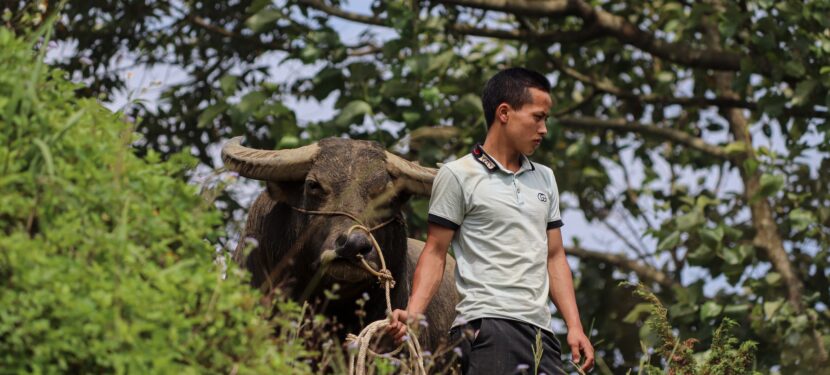Project Overview
This project aims to explore the process of pathogen spillover at the livestock-human interface. Emphasis will be placed on understanding the biological and evolutionary mechanisms that can lead to disease emergence followed by either:
- 1) short stuttering chains of infection that are self-limiting or
- 2) long, sustained transmission chains. We will focus on viruses with pandemic potential, such as influenza.
Co-Project Investigator
- Dr. Amy Greer, University of Guelph
- Dr. Jane Parmley, University of Guelph
- Pascale Aubry, Canadian Food Inspection Agency
What is this Project’s Impact on the Emerging Infectious Disease Modelling (EIDM) Initiative?
Over the past 2 years, an ongoing outbreak of Highly Pathogenic Avian Influenza (HPAI) H5N1 has occurred across Canada, resulting in over 7.6 million poultry mortalities and over 200 poultry farms affected. This project is focused on the early disease dynamics of HPAI in Canada. Our goal is to develop models that can contribute to our ability to prevent and control future poultry-farm outbreak events and reduce the risk of human spillover events.
Implementation of the One Health Approach
The One Health approach has played a crucial role in this research, aiding its practice and implementation. In designing this project, we felt that a One Health approach would be highly applicable, with research on Highly Pathogenic Avian Influenza falling at the interface of environment & ecology, animal health (both wild and domestic) and human health spheres.
Focus Areas and Research Achievements

The focus areas of this project have revolved around determining the influence of climate, weather, & local ecology on the occurrence of Highly Pathogenic Avian Influenza (HPAI) poultry-farm outbreaks. In addition, we are modelling the risk of early spillover events from poultry to human populations (specifically poultry workers).
DR. amy greer, UNIVERSITY OF guelph
Riley Oremush (left) is currently a new PhD student in the Department of Population Medicine at the University of Guelph who has been conducting research on the epidemiology of HPAI in Canada in collaboration with our partners at Canadian Food Inspection Agency (CFIA).
Research Team, Collaborators and HQPs
- Riley Oremush, University of Guelph
- Dr. Isha Berry (formerly an OMNI HQP and PhD student at the University of Toronto) has been working with this team to continue and extend her previous work on a spillover model for HPAI in Bangladesh. Dr. Berry is currently an Epidemic Intelligence Officer (EIS) at the US CDC.

